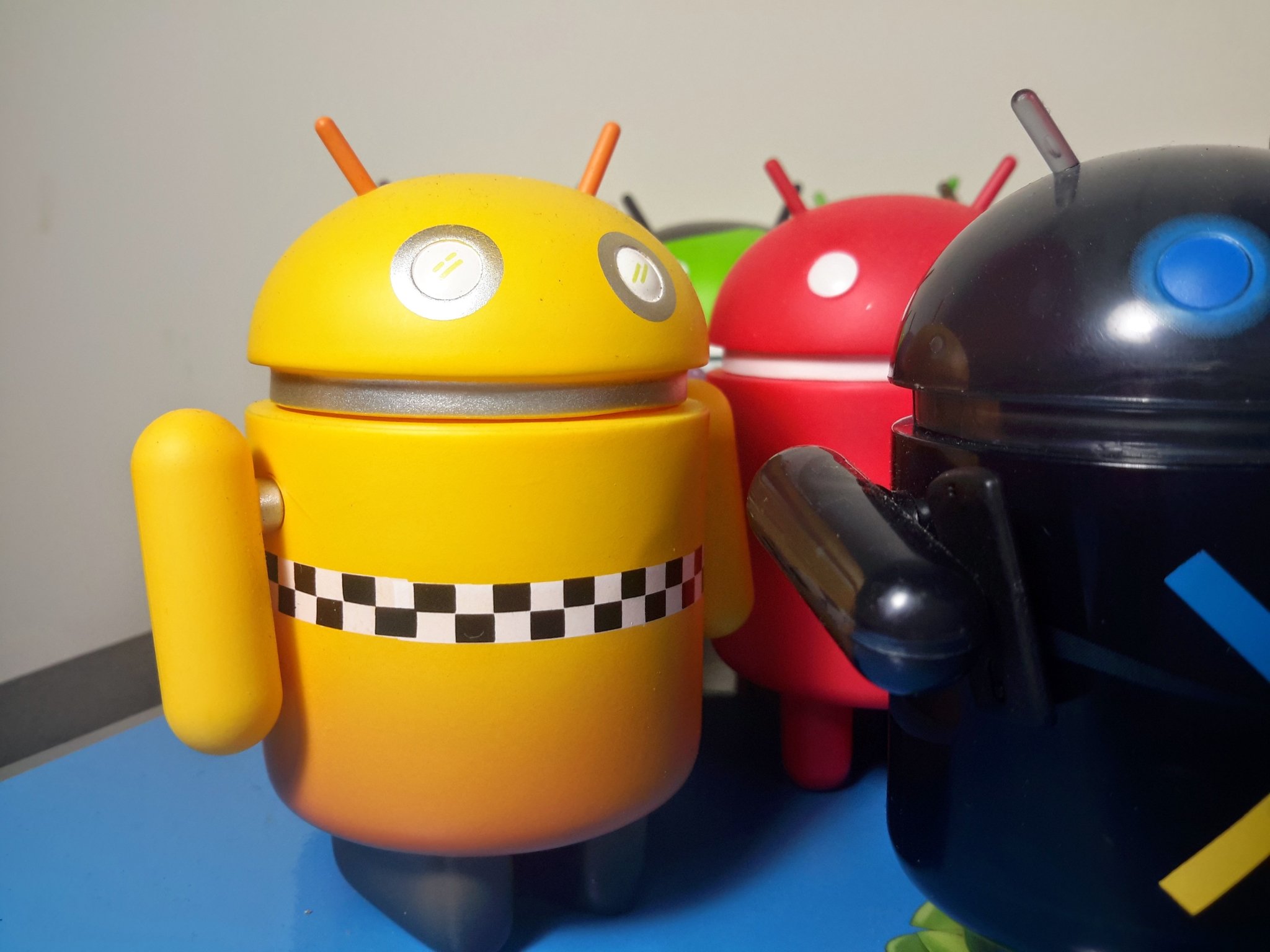The only thing missing for a true power-user Chromebook is a discrete GPU.
Not too long ago, I would have struggled to find a good reason to buy an uber-powerful Chromebook with oodles of RAM and a high-end notebook CPU inside. Chrome OS just doesn't need it because it was built from the ground up to work with machines that have very modest specs. That was Google's secret weapon — build really cheap laptops that worked well so it can have your attention on every screen. It worked.
Chromebooks started as affordable laptops for everyone but now come in beefier versions, too.
The inclusion of packaged Linux applications for Chrome has changed that. Now, if you're a developer who uses a Linux desktop to write, compile, and test code, a Chromebook is an excellent choice. You'll appreciate a model with a new-ish Intel CPU and 8 or even 16 GB of RAM when it comes to doing all that, and when you're not being productive, you have the same entertainment options through the web and Google Play that every Chromebook has. It's a pretty sweet setup. But there's still one piece of the puzzle missing that would make a Chromebook even better: a high-end GPU.
A good GPU does more than make games look pretty.
I'm going to remind myself to not assume two things, and realize that not everyone likes to play games on a computer and not everyone understands what a graphics adapter does. A high-end GPU is beneficial even when you're not playing games because it's chock full of processing cores that can be harnessed to do "other" computing. These cores are fast, and if they are on a fast bus, they may even be better at doing some operations that the "regular" CPU in a computer is. Software like Adobe Premiere needs a lot of processing power to encode HD video without producing any artifacts, and it was designed to use GPU cores to take much of the load for the low-level computing. Other software can do the same, and a good graphics adapter with fast compute cores can be used in a lot of ways that aren't related to playing games.
Of course, games need a good GPU, too. The more complicated and intense the action on the screen is, the better it will look when driven by a stand-alone (or discrete) GPU. There are plenty of laptops made for gaming or for VR that include a discrete GPU from the same companies you think of when it comes to desktop cards — NVIDIA and AMD. They are specially built to be better at power management and run cooler without giant fans or water-cooled blocks and can provide an easy to see and much loved the boost in performance. This market has become popular enough that manufacturers are now building CPU assemblies that you plug in via USB or Thunderbolt if your laptop was built without a discrete card and you want the extra power.
My reason for wanting a Chromebook with a discrete GPU can be summed up with one word: Steam.
Linux apps on Chrome mean there's now a good reason to want that extra power thanks to Steam. Steam has a native Linux client that installs without any trickery onto a Chromebook that can run Linux apps. Any games available on Steam — and there are a lot of them — that were built for Linux will install the same way they would on any other Linux PC, and everything is great until you click the button to start them up and see the sub-par performance that an on-die GPU from Intel offers.
I've used beastly Chromebooks from Lenovo, Acer, HP, and others working here at AC. Each and every one of them were great at both regular Chrome OS things as well as something like running Android Studio or another programming environment. But they all were equally mediocre when it came to running games from Steam that are even slightly demanding. I don't expect to run the latest AAA title at 60fps on a 4K display using a Chromebook. If that ever becomes a reality I'll be happy, but I'm not banking on it. But I would like to play some more casual titles from time to time using my favorite computer and not setting all the options to their lowest setting.


Tidak ada komentar:
Posting Komentar